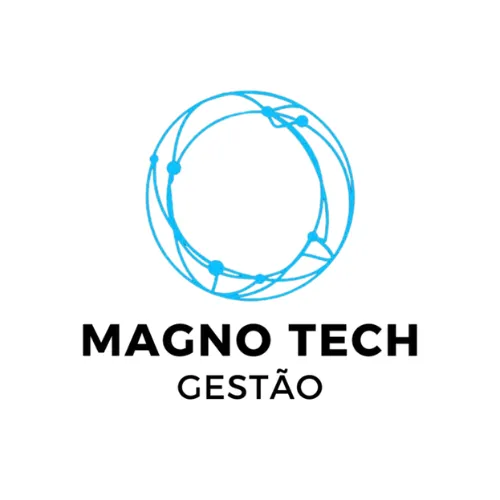Transformando negócios através da Inteligência Artificial
Ajudo empresas a implementar estratégias de inovação e transformação digital com foco em resultados reais.

Pessoas Impactadas em 2024
Palestras Realizadas
Empresas Atendidas
Anos de Experiência

Especialista em Transformação Digital e IA
Com mais de 20 anos de experiência no mercado de tecnologia, ajudo empresas a implementar Estratégias de Inovação e Transformação Digital com foco em resultados reais.
Minha missão é Desmistificar a Inteligência Artificial e mostrar como ela pode ser aplicada de forma prática e eficiente em diferentes setores e empresas de todos os portes.
Como posso ajudar sua empresa
Ofereço soluções personalizadas para impulsionar a inovação e a transformação digital na sua organização.
Palestras e Workshops
Apresentações dinâmicas e interativas sobre IA, inovação e transformação digital, adaptadas para diferentes públicos e objetivos.
Saiba maisConsultoria Estratégica
Assessoria personalizada para implementação de estratégias de inovação e transformação digital alinhadas aos objetivos do seu negócio.
Saiba maisTreinamentos In-Company
Programas de capacitação sob medida para equipes, focados em desenvolver habilidades práticas em IA e novas tecnologias.
Saiba maisPrincipais temas abordados
Conheça os tópicos que são minha especialidade e como eles podem transformar o seu negócio.
Inteligência Artificial Aplicada
Como implementar soluções de IA que geram resultados reais para o seu negócio, desde agentes de atendimentos inteligentes até sistemas de previsão.
Transformação Digital
Estratégias para conduzir processos de transformação digital bem-sucedidos, superando resistências e maximizando resultados.
Inovação e Disrupção
Como criar uma cultura de inovação na sua empresa e se antecipar às mudanças do mercado com modelos disruptivos.
Automação Inteligente
Estratégias para automatizar processos empresariais utilizando tecnologias inteligentes, aumentando a eficiência e reduzindo custos operacionais.
Liderança na Era Digital
Desenvolvimento de habilidades de liderança necessárias para conduzir equipes em ambientes de rápida transformação tecnológica.
Futuro do Trabalho
Como preparar sua empresa e equipe para as mudanças no mercado de trabalho impulsionadas pela automação e novas tecnologias.

IA o Novo Básico
Nesta palestra, exploro como a Inteligência Artificial se tornou uma habilidade fundamental para profissionais e empresas, e como ela está transformando diversos setores da economia.
O que dizem sobre meu trabalho
Feedback de clientes e participantes de palestras e consultorias.
"O Instituto Fecomércio estabeleceu uma parceria com Alexandre Guimas para o Café Empresarial, Guimas demonstrou ser um profissional experiente e competente. Sua abordagem centrada em resultados de qualidade é evidente em sua atuação, onde ele demonstra uma compreensão holística dos negócios."
"Tive o prazer de trabalhar com Alexandre e atestar o seu profundo conhecimento em Inovação, Digital e TI, com grande nível de engajamento e proatividade. Ele não apenas resolve problemas, mas antecipa e lidera iniciativas. Um verdadeiro ativo para qualquer equipe!"
"Tivemos a honra de desfrutar do conhecimento e larga experiência do Alexandre Guimarães em um de nossos encontros Talk Governo Digital na Prefeitura do Jaboatão dos Guararapes, onde nos trouxe com grande brilhantismo e maestria uma visão simplificada e disruptiva a respeito do potencial da Tecnologia e suas inúmeras aplicações no cotidiano profissional e social. Fantástico!"
Bruno Cruz
Secretário Executivo de Governo Digital
Prefeitura do Jaboatão dos Guararapes
Depoimentos em Vídeo

Kleber Carvalho
CEO, Natal Home Center

Ygor Valença
Presidente, FENEAUTO BR e SINDCFC-PE

Henrique Vila Nova
Coordenador do curso de CCO, FICR

Rafaela Santos
Radialista, Jornalista
Empresas que confiam no meu trabalho
Tenho orgulho de colaborar com organizações que valorizam inovação e transformação digital.














